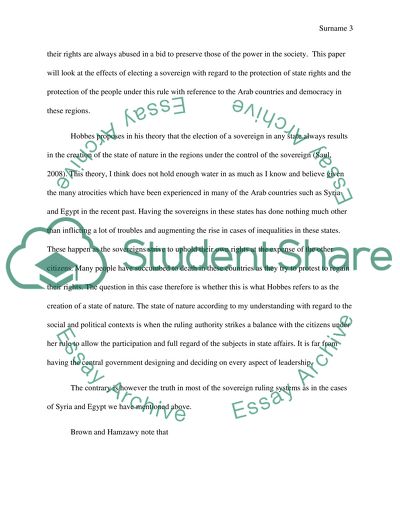Cite this document
(“The power of Sovereignty Research Paper Example | Topics and Well Written Essays - 2000 words”, n.d.)
The power of Sovereignty Research Paper Example | Topics and Well Written Essays - 2000 words. Retrieved from https://studentshare.org/philosophy/1475180-the-power-of-sovereignty
The power of Sovereignty Research Paper Example | Topics and Well Written Essays - 2000 words. Retrieved from https://studentshare.org/philosophy/1475180-the-power-of-sovereignty
(The Power of Sovereignty Research Paper Example | Topics and Well Written Essays - 2000 Words)
The Power of Sovereignty Research Paper Example | Topics and Well Written Essays - 2000 Words. https://studentshare.org/philosophy/1475180-the-power-of-sovereignty.
The Power of Sovereignty Research Paper Example | Topics and Well Written Essays - 2000 Words. https://studentshare.org/philosophy/1475180-the-power-of-sovereignty.
“The Power of Sovereignty Research Paper Example | Topics and Well Written Essays - 2000 Words”, n.d. https://studentshare.org/philosophy/1475180-the-power-of-sovereignty.


